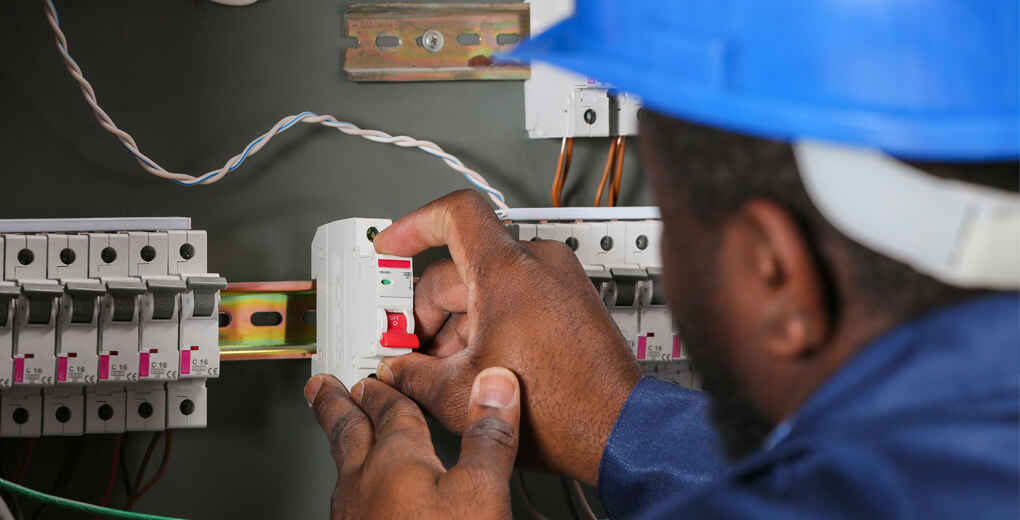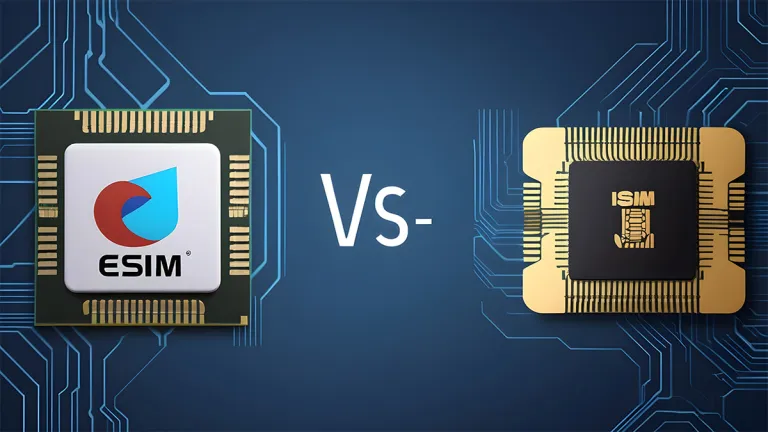If you are an electrical engineer and you are looking for a country where engineers receive a good amount of salaries? Canada is just the best country to see these type of opportunities and earn a very high salary. Engineering work is a well-respected profession in the world and especially in Canada, it is nothing less.

There are lots of job opportunities for electrical engineers in the provinces of Canada and with this, you can easily get a job offer from an employer or organization in Canada and be on your way to Canada.
Immigrating to Canada as an electrical engineer is easy and sweet as you get to enjoy a lot of benefits living and working in Canada. Canada is one of the outstanding countries in the world to live in as it has a stable economy, offers better work condition, free healthcare services and many others.
The Canadian government has an initiative of continuous growth and development of the country and they have seen immigration as one of the best ways to continue their initiative and see that Canada continues to be among the best countries in the world. The government has set out an agenda to invite over a million foreign nationals and it has also designed over a 100 immigration programs to help the immigrants get visa and also permanent residence in Canada within the next three years. These programs are ways to help the government continue it initiative and see that the country also gets better after the outbreak of pandemic.
Electrical engineering is one of the occupations in-demand in Canada at the moment and if you are an electrical engineer, Canada is the best place to work and earn high. An experienced electrical engineer is expected to earn about $125,000 to $140,000 per year while for an entry level position, it could be between $65,000 to $70,000 annually.
How to immigrate to canada as an Electrical Engineer
Like we mentioned earlier that there are over a hundred immigration programs you can use to immigrate to canada but we are going to be looking at the most popular and fastest ways to immigrate to canada as an electrical engineer.
Without further ado, Let’s run through these immigration programs…
Express Entry System
This program is usually done online and it will require you to create an online profile and fill in some information according to the requirements of the entry system. The Express Entry System was created and initiated in 2015 to help facilitate the Canadian immigration process and also make it easier for immigrants to apply for work and permanent residence in Canada. You don’t really need a job offer to be eligible to apply for this program although it will increase your chances of being selected. It is seen as the easiest and quickest way to immigrate to Canada as it takes only about 6months to process.
You will have to meet some requirements in creating your profile and they are the criteria for giving you a CRS score in the Express Entry System. These requirements are:
- Age
- Work experience
- Education
- Language proficiency
- Ability to Adapt
- Proof of funds
You are expected to complete your profile within 60days and you will be placed in a draw pool alongside some other applicants and will be ranked against a system called the Comprehensive Raking System (CRS). You will be given a CRS score based on the factors or requirements you have filled in the profile you created and it will be matched against a cut-off mark which you are expected to meet or exceed. Applicants that meet or exceed the cut-off mark will be given an Invitation to Apply (ITA) for permanent residence in Canada.
The Express Entry System is divided into three federal immigration streams and they are:
- Federal Skilled Trades Program
- Federal Skilled Worker Program
- Canadian Experience Class
The electrical engineers fall under the Federal Skilled Worker Program with the Skill type A and a National Occupation Classification (NOC) code 2133, which means that you are eligible to apply as a skilled electrical engineer under the FSWP.
Let’s look at the requirements you must meet to be eligible for this program under the Express Entry System.
- You must have an education certificate of high school diploma or degree from secondary school or post-secondary school in Canada and if you have a foreign certificate, it must be equivalent to the Canadian standard and so you will have to go through the Educational Credential Assessment to check the credentials.
- You must have a paid skilled work experience of at least one year as an electrical engineer (30hours/week) for full-time and for part-time it could be (15hours/week)
- You must prove that you have sufficient funds to help you settle in Canada and also take care of any other family member coming with you unless you have a valid job offer
- You must take the approved language test in English or French in writing, speaking, listening or reading and you must get a minimum score of the Canadian Language Benchmark (CLB) 7 in all abilities.
- You must successfully pass the security background check which shows that you have no criminal record and also pass the medical examination check meaning that you are in good health.
The Provincial Nomination Program
This program is designed by the Canadian government to help provinces in Canada to fill up labour shortages and meet up with its economic needs. The provincial government works with the Immigration, Refugees and Citizenship Canada (IRCC) to nominate immigrants to work and live in a particular province in Canada. The provinces only nominates the applicants from the Express Entry System, the Canadian Government will have to approve the application of the applicants.
Each province is in charge of its own nomination and sets its own requirements to meet its economic needs. Through this program, employers in any province can hire foreign skilled workers to come fill up labour shortages in the province in a bid to contribute to the growth and development of the provinces. You will just have to check if the skill or occupation you want to apply for is in-demand in the province you wish to live in and this is the case, you can proceed as it will boost you chances of being nominated.
So if you are a skilled electrical engineer, applying through this program will mean that you will get 600points to add to your CRS score which will mean that you will exceed the cut-off mark which is usually 700-800points. If you apply for a job and you get a valid and permanent job offer in a province, your CRS will increase and so with this, you are one step closer to getting an Invitation to Apply for permanent residence in Canada as an electrical engineer.
The provinces where electrical engineers are in-demand are Alberta, British Columbia, Manitoba, Newfoundland & Labrador, Nova Scotia, Ontario and Saskatchewan.
Different Job Sector Under Electrical Engineer
- Analog Amplifier Design Engineer
- Antenna Engineer
- Audio Engineer –Electricity and Electronics
- Avionics Engineer
- Broadcasting Professional Engineer
- Chief Electrical Engineer
- Chief Electronics Engineer
- Chief Engineer – Electric Power
- Chief Engineer – Radio And Television Broadcasting
- Circuit Design Engineer
- Control Systems Engineer
- Design And Development Engineer – Electrical And Electronic Systems
- Digital Circuit Design Engineer
- Displays And Controls Design Engineer
- Electrical And Electronics Research Engineer
- Electrical Design Engineer
- Electrical Distribution Engineer
- Electrical Distribution Planning Engineer
- Electrical Energy Transmission Engineer
- Electrical Energy Transmission Planning Engineer
- Electrical Engineer
- Electrical Equipment Engineer
- Electrical Network Engineer
- Electrical Power Scheduling Engineer
- Electrical Power Systems Design Engineer
- Electrical Power Systems Service Engineer
- Electrical Process Control Engineer
- Electrical Research Engineer
- Electrical Systems Planning Engineer
- Electrical Systems Protection Engineer
- Electronics Engineer
- Electronics Research Engineer
- Electronics Test Engineer
- Instrumentation and Control Engineer
- Instrumentation Engineer
- Line Construction Engineer
- Low Voltage Equipment Engineer
- Meter Engineer
- Metrology Engineer
- Microelectronics Engineer
- Overhead Electrical Distribution Engineer
- Process Instrumentation Engineer
- Protective Relay Engineer
- Radar Engineer
- Radio and Television Broadcasting Design Engineer
- Radio and Television Broadcasting Systems Design Engineer
- Radio Research Engineer
- Research Engineer – Nano electronics
- Roadway Lighting Design Engineer
- Rural Electrification Engineer
- Satellite Antenna Engineer
- Satellite Instrumentation Engineer
- Signal Engineer
- Spacecraft Electronics Engineer
- Technical Services Electrical Engineer
- Television Systems Engineer
- Underground Electrical Distribution Engineer






